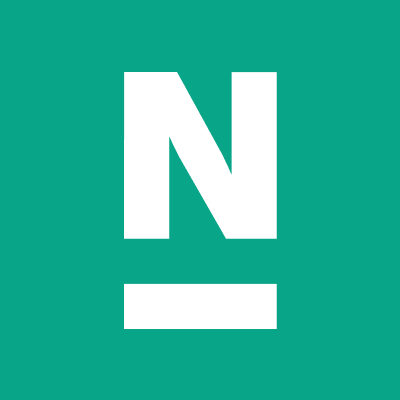The Napster sale is all about name recognition
After all these years, Napster is apparently worth $207 million. That’s how much artificial intelligence and extended reality company Infinite Reality purchased the former file-sharing service for on Tuesday. Under its new ownership, Infinite Reality said Napster will become a virtual concert venue that sells physical and virtual merchandise to musicians’ super fans and is capable of hosting social listening parties and gamifying fan engagement and loyalty. “By acquiring Napster, we’re paving a path to a brighter future for artists, fans, and the music industry at large,” Infinite Reality CEO John Acunto said in a statement. “This strategic move aligns with Infinite Reality’s vision to lead an internet industry shift from a flat 2D clickable web to a 3D conversational one—giving all creators modern tools to better engage, monetize, and measure their audiences.” [Image: Infinite Reality] Napster on repeat The bet is the Napster brand has some life left in it still, but the new owners face a challenge. The recent history of Napster shows it’s hard to buy an old brand for parts and transfer its nostalgic goodwill to a new but related service. When Napster operated in its original form from 1999 to 2001, it was a peer-to-peer platform that offered users free, though illegal, access to music online (not to mention computer viruses). It served as a precursor and catalyst for the music industry’s switch from physical music formats to digital downloads and streaming, and Napster’s new owners hope it will again lead the way to a new era for popular music “Napster revolutionized digital music in the ’90s and now, with Infinite Reality, we’re ready to do it again,” said Jon Vlassopulos, Napster’s CEO and the former global head of music at Roblox. “The internet has evolved from desktop to mobile, from mobile to social, and now we are entering the immersive era. Yet, music streaming has remained largely the same. It’s time to reimagine what’s possible.” The plans for the reimagined Napster mirror those of other companies seeking to bridge music, VR, and super fans. Meta has hosted virtual concerts by artists including Charli XCX and Sabrina Carpenter, Fortnite has sold special-edition skins, or virtual outfits, that match what artists like Ariana Grande and Travis Scott wore during their in-game concerts, and Spotify is considering a “Super-Premium” subscription tier for fans to pay for access to perks like early releases and exclusive deluxe editions of albums. If Infinite Reality has its way, the new Napster could be all of that and more, save for two big problems. The metaverse turned out to be a failure, and many before have tried and failed to attach the Napster name to a new music-based service. Zombie branding at its finest Functionally, Napster has become a music streaming platform, though far less popular than category leaders like Spotify and Apple Music. Napster’s assets have been previously owned by companies that tried merging it with the online music services Pressplay and later Rhapsody, and it was even owned by Best Buy from 2008 to 2011. Since 2020, Napster has changed hands between the virtual reality concert app MelodyVR to an investment group that bought it in 2022 and said it would “revolutionize the music industry by bringing blockchain and Web3 to artists and fans,” to its current owner today. Other turn-of-the-century tech brands have similarly bounced around owners and pivoted to new technologies, like the peer-to-peer file-sharing service LimeWire, which got into AI music generation. MySpace morphed from an early social network to a music-focused site once owned by Fox News parent company News Corporation. For its part, Napster is a zombie brand that’s still widely recognized but worth far less than during its Y2K-era heyday, and it’s seemingly resistant to being repurposed. Music is so tied to youth culture—and today’s youngest listeners are too young to even remember Napster. Plus, its recent history has shown you can’t just buy its brand assets and wear them like a skin. Napster once revolutionized music and technology, but whether its brand name and assets alone can still inspire that same sense of being on popular music’s cutting edge a quarter of a century later seems unlikely.

After all these years, Napster is apparently worth $207 million.
That’s how much artificial intelligence and extended reality company Infinite Reality purchased the former file-sharing service for on Tuesday. Under its new ownership, Infinite Reality said Napster will become a virtual concert venue that sells physical and virtual merchandise to musicians’ super fans and is capable of hosting social listening parties and gamifying fan engagement and loyalty.
“By acquiring Napster, we’re paving a path to a brighter future for artists, fans, and the music industry at large,” Infinite Reality CEO John Acunto said in a statement. “This strategic move aligns with Infinite Reality’s vision to lead an internet industry shift from a flat 2D clickable web to a 3D conversational one—giving all creators modern tools to better engage, monetize, and measure their audiences.”

Napster on repeat
The bet is the Napster brand has some life left in it still, but the new owners face a challenge. The recent history of Napster shows it’s hard to buy an old brand for parts and transfer its nostalgic goodwill to a new but related service.
When Napster operated in its original form from 1999 to 2001, it was a peer-to-peer platform that offered users free, though illegal, access to music online (not to mention computer viruses). It served as a precursor and catalyst for the music industry’s switch from physical music formats to digital downloads and streaming, and Napster’s new owners hope it will again lead the way to a new era for popular music
“Napster revolutionized digital music in the ’90s and now, with Infinite Reality, we’re ready to do it again,” said Jon Vlassopulos, Napster’s CEO and the former global head of music at Roblox. “The internet has evolved from desktop to mobile, from mobile to social, and now we are entering the immersive era. Yet, music streaming has remained largely the same. It’s time to reimagine what’s possible.”
The plans for the reimagined Napster mirror those of other companies seeking to bridge music, VR, and super fans. Meta has hosted virtual concerts by artists including Charli XCX and Sabrina Carpenter, Fortnite has sold special-edition skins, or virtual outfits, that match what artists like Ariana Grande and Travis Scott wore during their in-game concerts, and Spotify is considering a “Super-Premium” subscription tier for fans to pay for access to perks like early releases and exclusive deluxe editions of albums.
If Infinite Reality has its way, the new Napster could be all of that and more, save for two big problems. The metaverse turned out to be a failure, and many before have tried and failed to attach the Napster name to a new music-based service.
Zombie branding at its finest
Functionally, Napster has become a music streaming platform, though far less popular than category leaders like Spotify and Apple Music. Napster’s assets have been previously owned by companies that tried merging it with the online music services Pressplay and later Rhapsody, and it was even owned by Best Buy from 2008 to 2011. Since 2020, Napster has changed hands between the virtual reality concert app MelodyVR to an investment group that bought it in 2022 and said it would “revolutionize the music industry by bringing blockchain and Web3 to artists and fans,” to its current owner today.
Other turn-of-the-century tech brands have similarly bounced around owners and pivoted to new technologies, like the peer-to-peer file-sharing service LimeWire, which got into AI music generation. MySpace morphed from an early social network to a music-focused site once owned by Fox News parent company News Corporation.
For its part, Napster is a zombie brand that’s still widely recognized but worth far less than during its Y2K-era heyday, and it’s seemingly resistant to being repurposed. Music is so tied to youth culture—and today’s youngest listeners are too young to even remember Napster. Plus, its recent history has shown you can’t just buy its brand assets and wear them like a skin.
Napster once revolutionized music and technology, but whether its brand name and assets alone can still inspire that same sense of being on popular music’s cutting edge a quarter of a century later seems unlikely.





















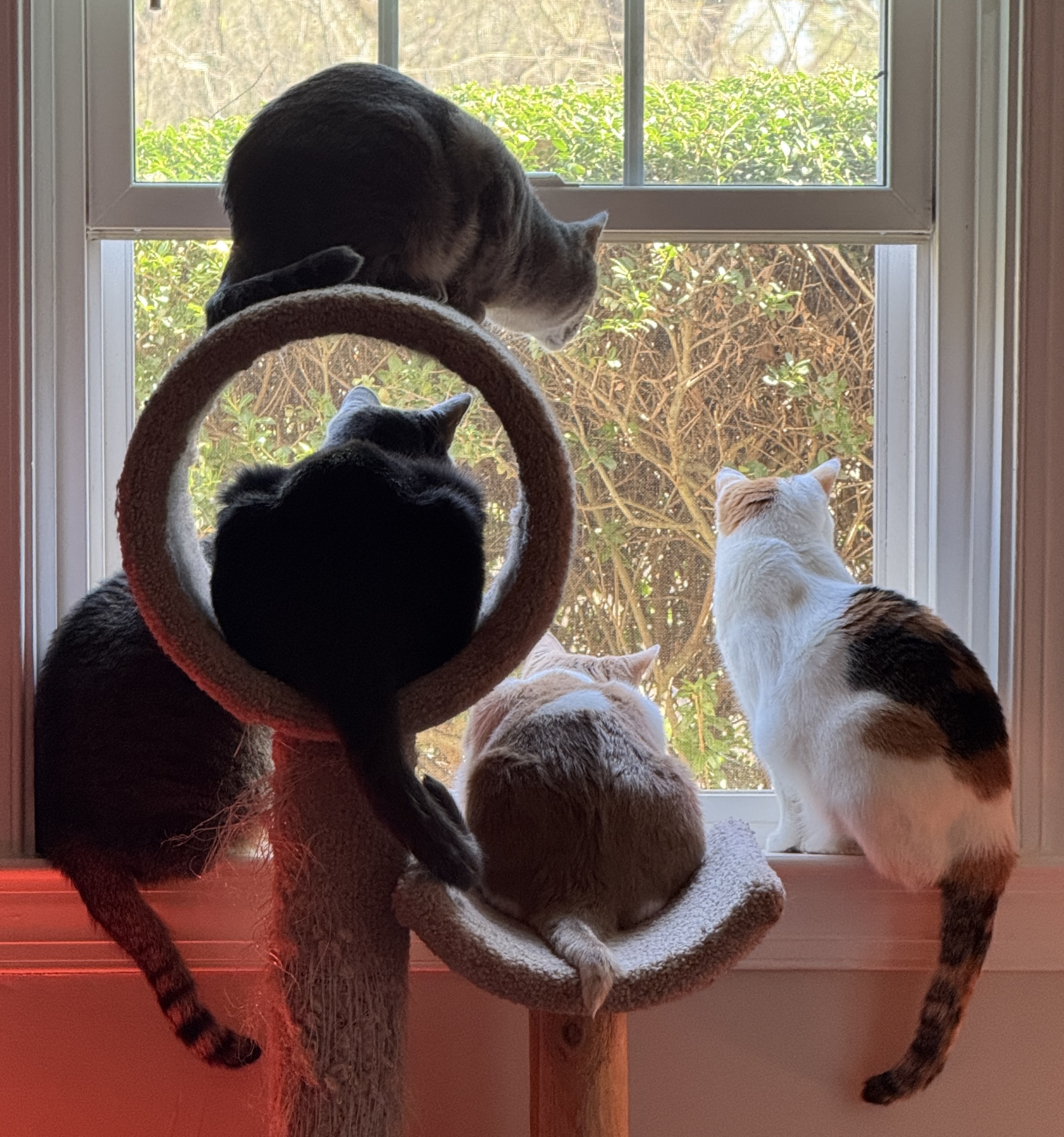


















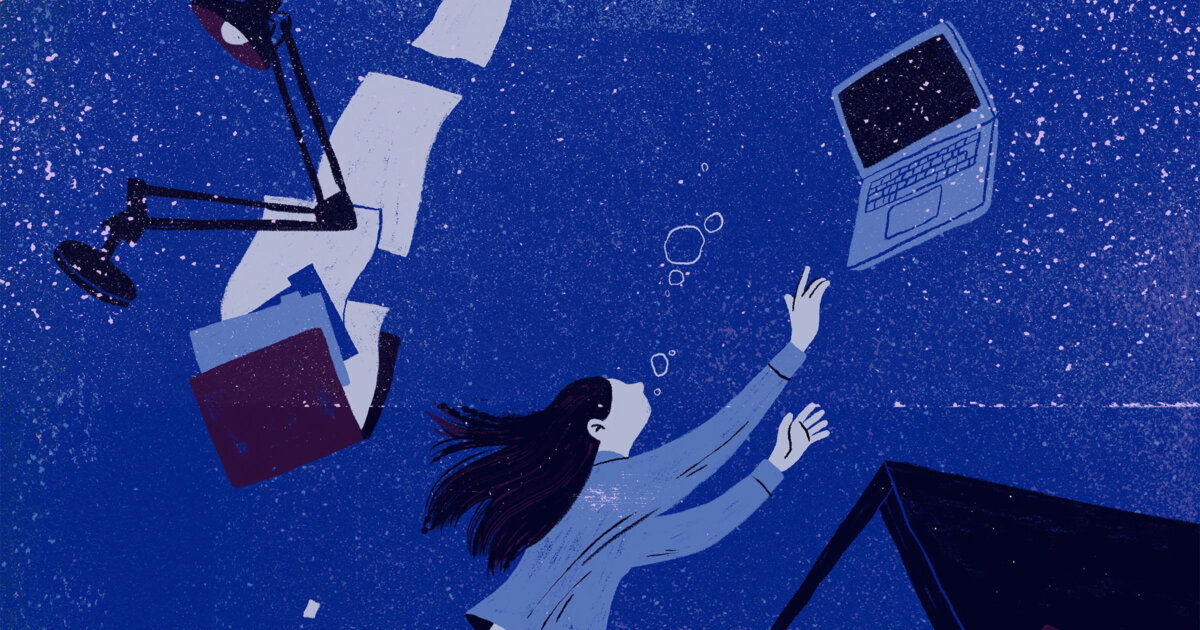






























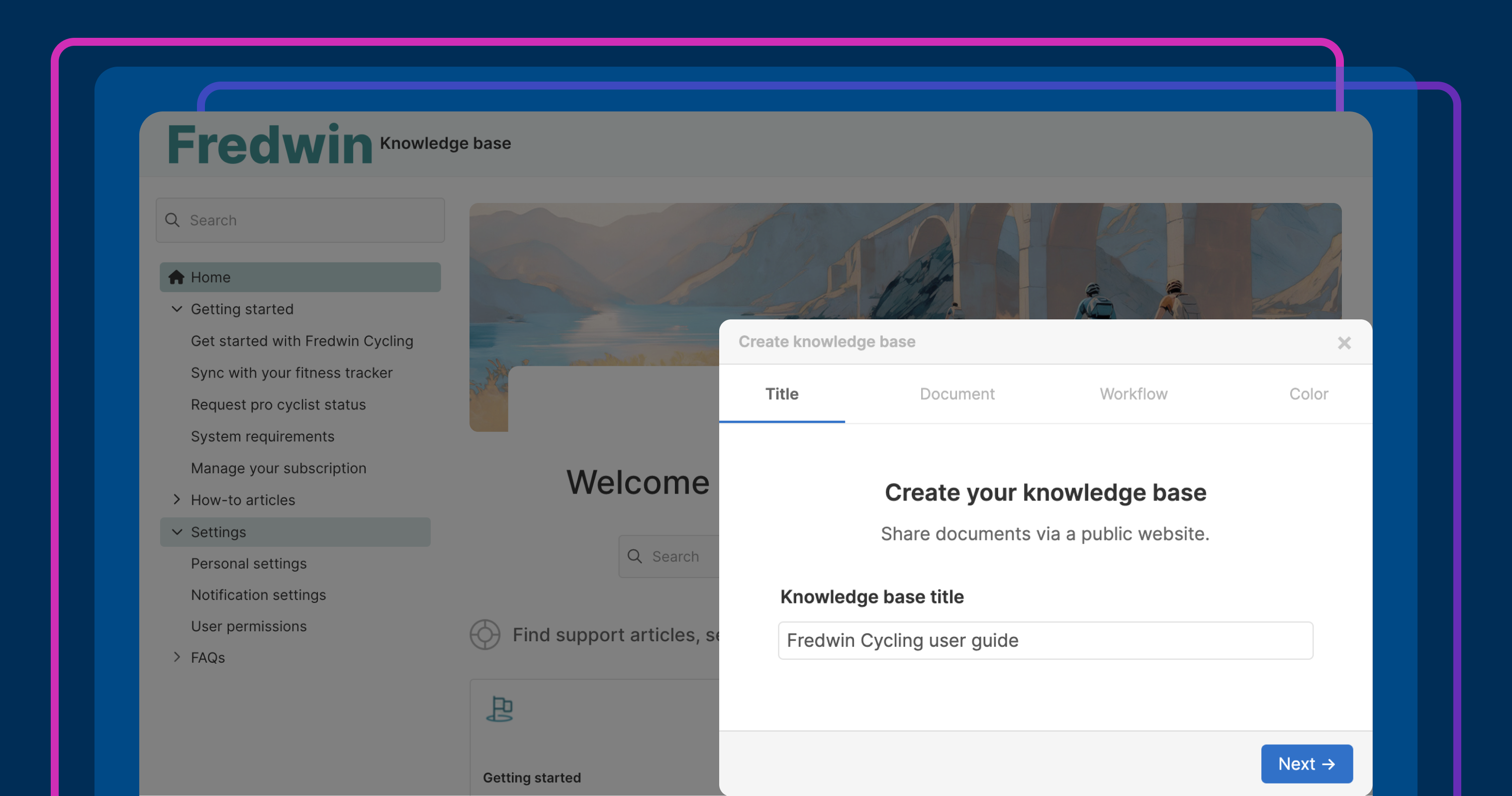


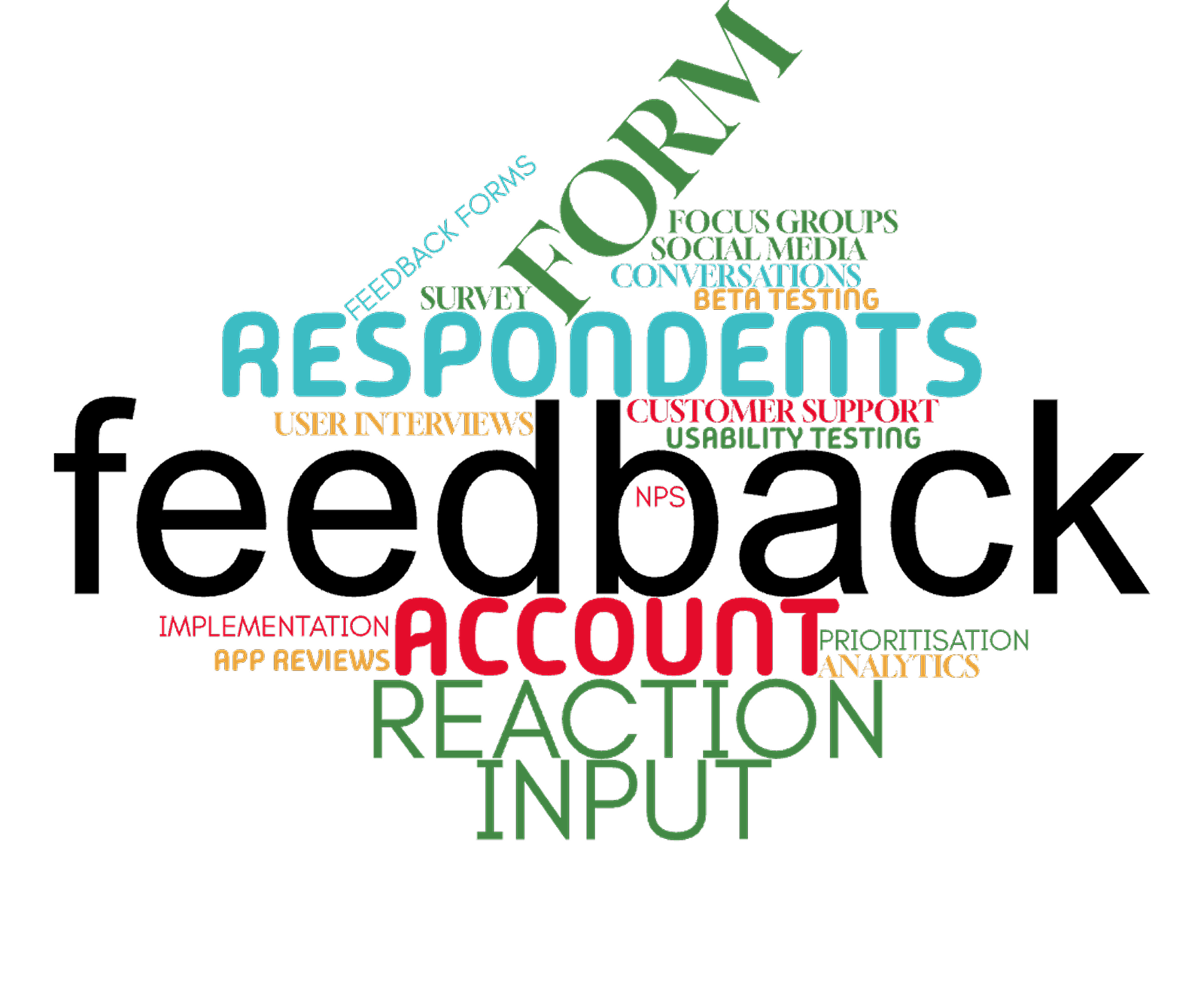
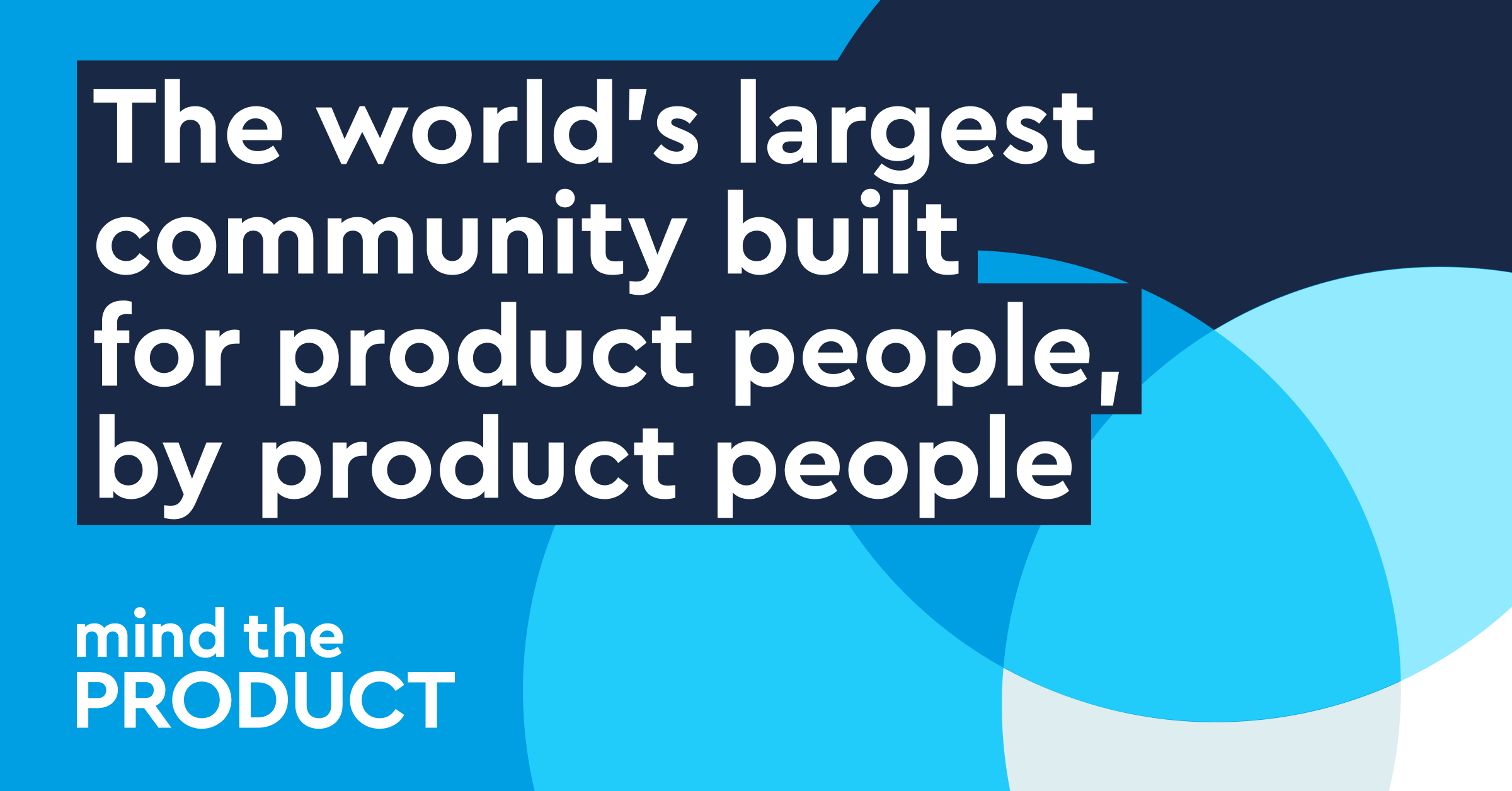




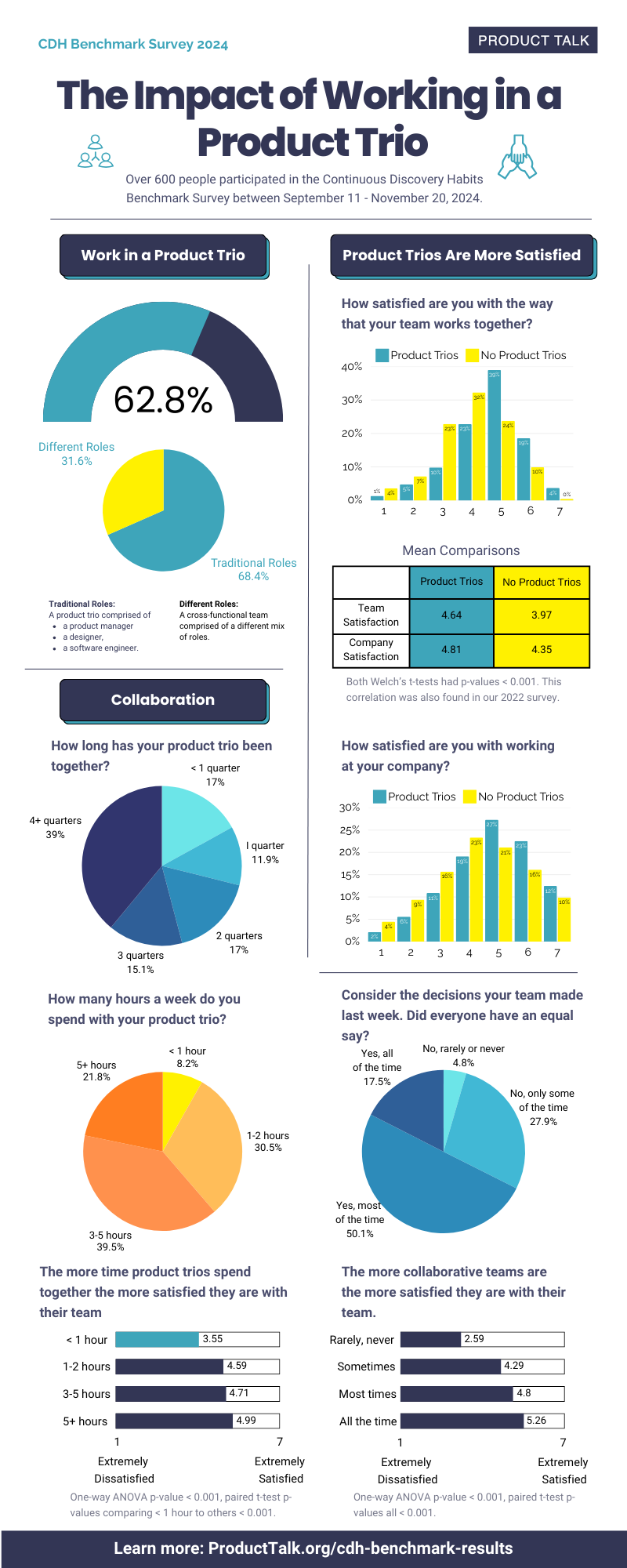











![How One Brand Solved the Marketing Attribution Puzzle [Video]](https://contentmarketinginstitute.com/wp-content/uploads/2025/03/marketing-attribution-model-600x338.png?#)

![Building A Digital PR Strategy: 10 Essential Steps for Beginners [With Examples]](https://buzzsumo.com/wp-content/uploads/2023/09/Building-A-Digital-PR-Strategy-10-Essential-Steps-for-Beginners-With-Examples-bblog-masthead.jpg)











![How to Use GA4 to Track Social Media Traffic: 6 Questions, Answers and Insights [VIDEO]](https://www.orbitmedia.com/wp-content/uploads/2023/06/ab-testing.png)




![[HYBRID] ?? Graphic Designer](https://a5.behance.net/cbf14bc4db9a71317196ed0ed346987c1adde3bb/img/site/generic-share.png)







